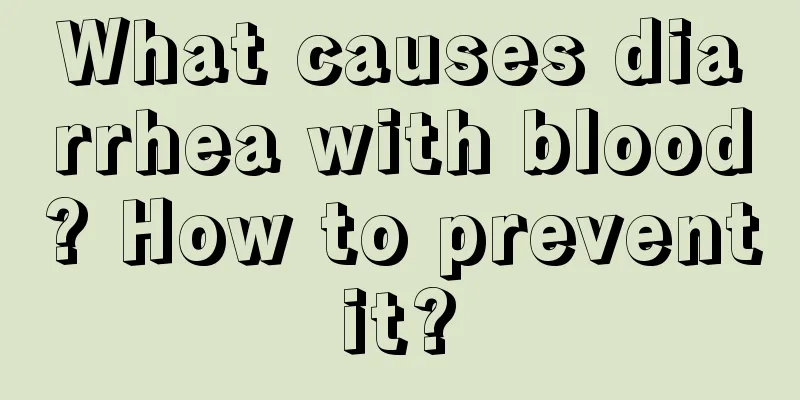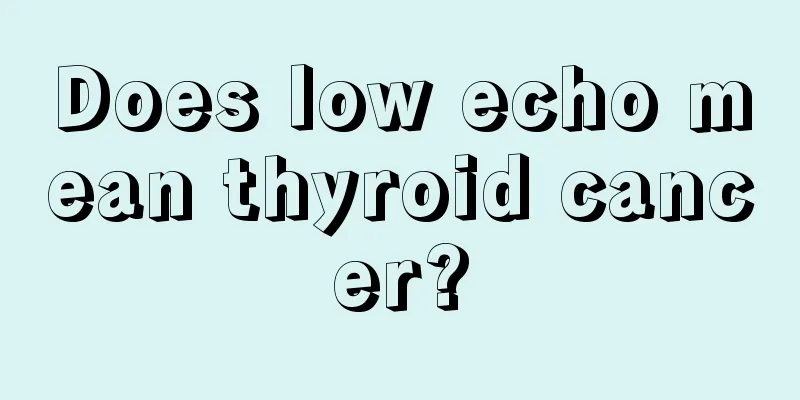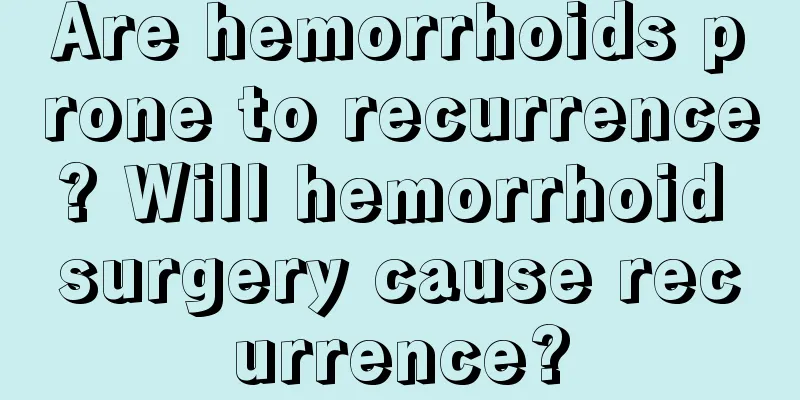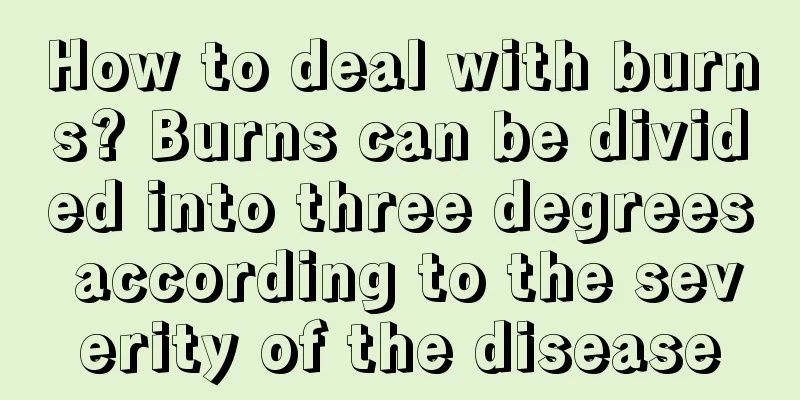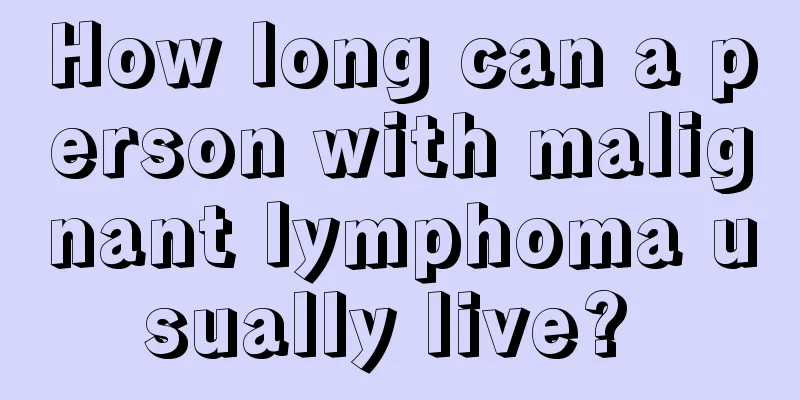Symptoms of heart disease
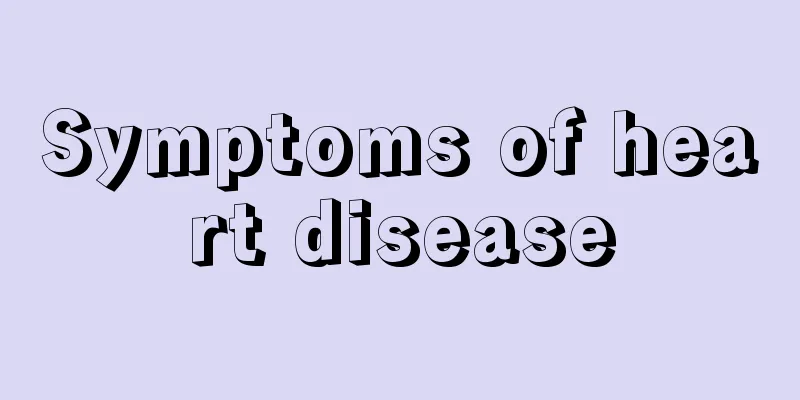
|
Coronary heart disease is now a relatively common disease. After the onset of coronary heart disease, the patient's heart will often feel uncomfortable, with dull pain in the precordial area and twitching pain like tension. The pain lasts for a short time and can be relieved after rest. The patient will feel chest tightness and shortness of breath for a long time. The chest pain will occur after exercise, and there will be pain in many parts of the body. Main symptoms of coronary heart disease 1. When you are tired or mentally stressed, you will experience dull and tight pain behind the sternum and in front of the heart. The pain lasts for a short time and will be relieved by itself after rest. 2. Symptoms of chest tightness, palpitations, and shortness of breath occur during physical activity, which generally improve during rest. 3. Having symptoms such as headache, toothache, leg pain, etc. during exercise. 4. Having chest pain and palpitations after having a full meal, in cold weather or watching thrilling movies. 5. Feeling of palpitations, chest tightness, shortness of breath or chest pain during sexual intercourse or straining to defecate. 6. When the pillow is low when sleeping at night, there will be a feeling of chest tightness and shortness of breath. Symptoms of chest pain, palpitations, and difficulty breathing may suddenly appear when sleeping soundly or lying flat during the day. At this time, sit up or stand up immediately and the symptoms will be relieved. 7. Repeated irregular pulse and symptoms of tachycardia or bradycardia. Treatment of acute coronary heart disease 1. Angina pectoris: Stop physical activities immediately, rest on the spot, and try to eliminate triggers such as coldness and emotional excitement; immediately dissolve 1 tablet of nitroglycerin or isopropylamine sublingually. If there is no relief, dissolve it again after 5 to 10 minutes. If 3 consecutive dissolutions are ineffective, and chest pain persists for more than 15 minutes, there is a possibility of myocardial infarction, and the patient should be sent to a hospital or other emergency facility immediately; take 3 mg of diazepam orally, and if conditions permit, oxygen should be inhaled for 10 to 30 minutes. Patients with coronary heart disease should carry medicines such as nitroglycerin with them and take them immediately if chest pain occurs, and be careful not to use expired medicines. Stable angina pectoris will be relieved after resting and taking nitroglycerin. Unstable angina pectoris is a serious and potentially dangerous disease and should be sent to the hospital for treatment and close observation immediately. 2. Myocardial infarction: The mortality rate of acute myocardial infarction is high. More than half of the patients die before hospitalization. Most deaths occur within 1 hour after onset, generally caused by ventricular fibrillation. Therefore, on-site first aid measures and rapid transfer to hospital are crucial. If any of the following conditions occur in high-risk patients (those with hypertension, diabetes, or a history of angina pectoris): chest discomfort, extreme fatigue, difficulty breathing, especially accompanied by profuse sweating, dizziness, palpitations, or a feeling of impending death, myocardial infarction should be highly suspected and the patient should be immediately sent to the nearest medical institution that has the conditions to perform an electrocardiogram, cardiac monitoring, direct current defibrillation, or intravenous thrombolysis. At the same time, stay calm and do not cause panic and fear to the patient. Take dissolve nitroglycerin, or quick-acting heart-saving pills, Guanxin Shuhe pills, etc. If conditions permit, intramuscular injection of papaverine, pethidine, and diazepam can be given. Maintain ventilation and oxygen inhalation. If there are no contraindications, take 300 mg of aspirin orally immediately. If malignant arrhythmias such as ventricular tachycardia and ventricular fibrillation occur, direct current defibrillation should be given immediately. Once cardiac arrest occurs, artificial respiration and chest compression should be performed immediately for cardiopulmonary resuscitation. |
<<: Symptoms of scleroderma on the soles of feet
>>: Will milk moss disappear on its own?
Recommend
What is the effect of drinking MSG and beer together?
MSG is a seasoning that makes dishes taste more d...
Can early lung cancer be detected by CT scan? The effect will be better if these two tests are combined
In life, if you have a disease, you need to go to...
What is the use of coal tar
The composition of coal tar is actually quite com...
What are the symptoms of bone disease
Femoral head necrosis is a very common disease in...
Sitting for a long time can easily lead to cervical cancer
Among all kinds of malignant tumors in women, the...
Refrigerator temperature adjustment
Refrigerators are a common household appliance in...
What is the cancer index CA-125
A female patient underwent a vaginal B-ultrasound...
What to do if 502 gets into your eyes
Everyone knows that 502 glue is used to stick var...
What are the benefits of diamonds to the human body
Nowadays, more and more women pay attention to th...
Laboratory examination methods for pancreatic cancer
The clinical symptoms of pancreatic cancer includ...
What medicine can help with constipation?
Many people suffer from constipation in our lives...
What are the symptoms of lack of sleep?
If you lose your temper easily and have a poor me...
Will prostatitis turn into prostate cancer?
Can prostatitis turn into prostate cancer? 1. Due...
Sequelae of returning from the plateau
Most of us now live in relatively low-lying areas...
Introduction to dietary precautions for kidney stones
Kidney stone patients should follow various preca...


